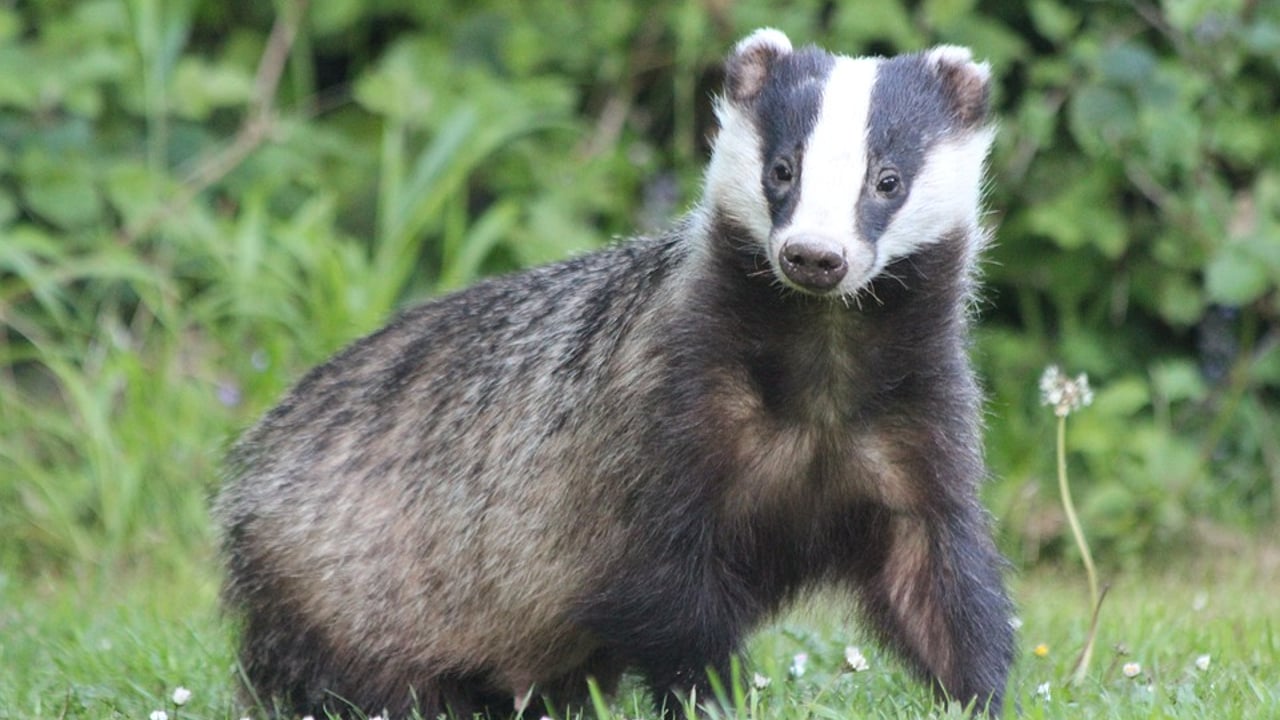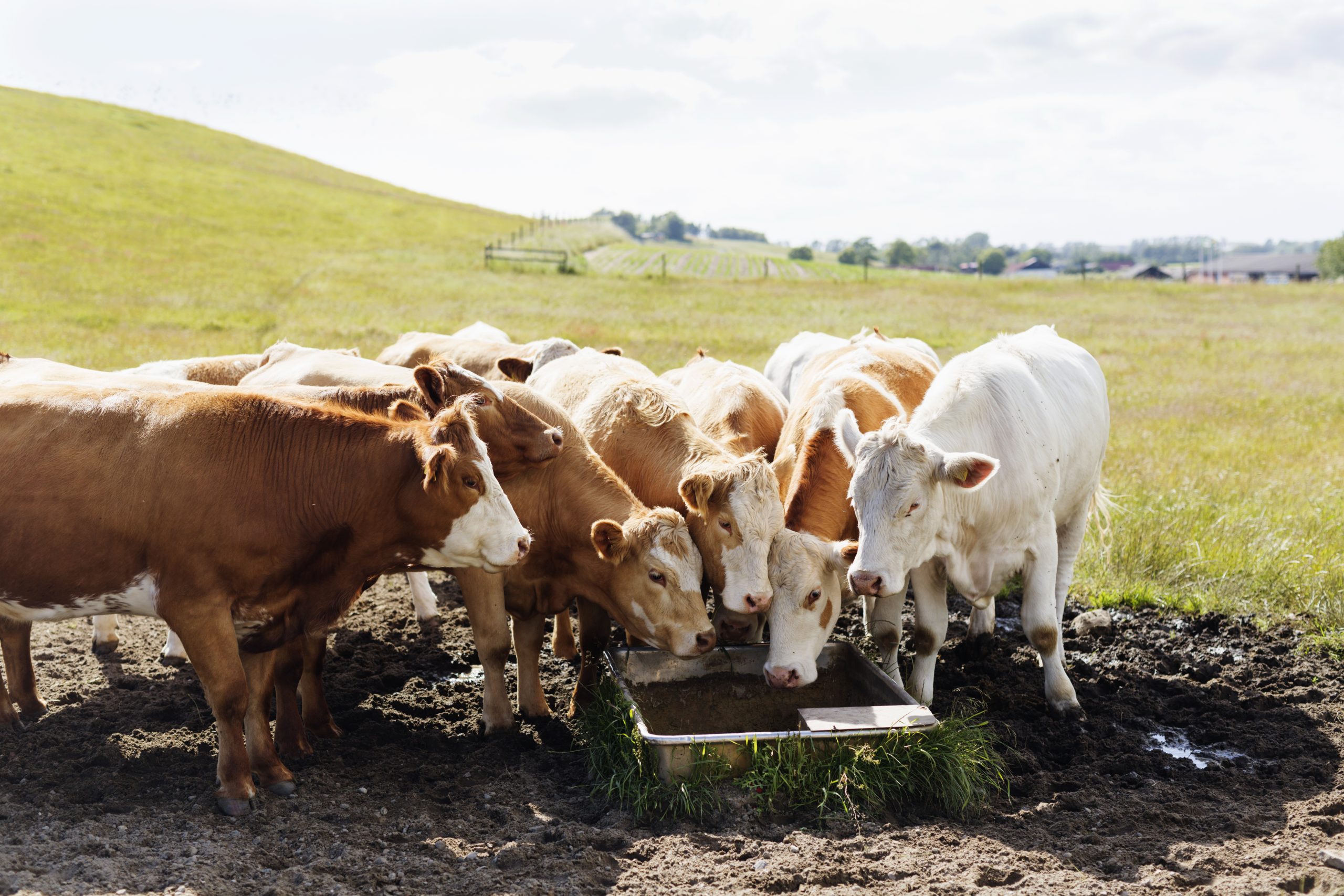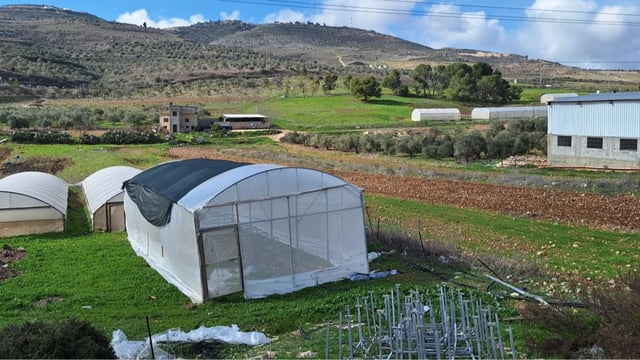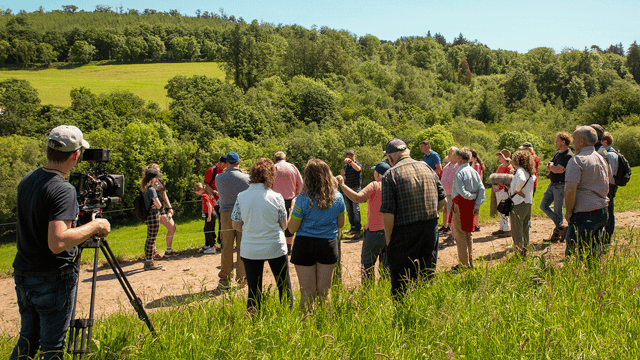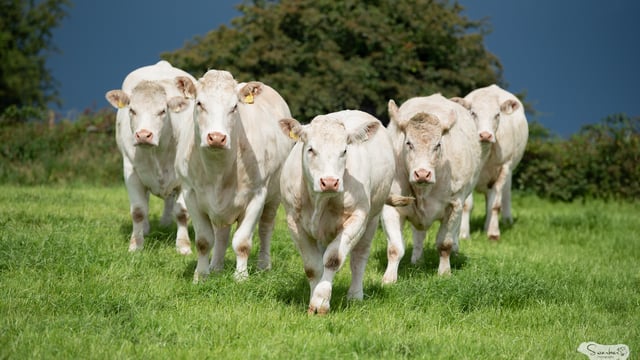Heydon wants to vaccinate badgers who do not have TB 'ahead of big projects'
The Minister for Agriculture, Food and the Marine, Martin Heydon, has indicated that one of the proposals in his new plan to tackle rising bovine TB rates involves dealing with the "current vaccination approach".
According to Minister Heydon he is keen "to do a programme of vaccination of badgers that do not have the disease ahead of big projects".
"Badgers by their nature, if they are disrupted, tend to move significant distances not to have to be moved again. They are quite territorial.
"When they move, they will move about 1 km. When we know a forest is going to be felled, a new road is going to be built or a big infrastructure project is going to happen that will upset them, we need to be vaccinating them proactively beforehand".
According to the minister there have been 1,795 badgers vaccinated in Ireland so far in 2025 while last year there were 3,830 vaccinated.
The issue of badger culling and badger vaccination had been raised by the Social Democrats spokesperson on Agriculture, the TD for Wicklow, Jennifer Whitmore in the Dáil last week.
Deputy Whitmore told the Dáil that she "cannot see any definitive scientific evidence to show that badgers are responsible for the spread of TB".
According to the Social Democrats TD the Department of Agriculture, Food and the Marine (DAFM) "culled nearly 7,500 badgers last year and 20% of them had TB".
She added: "England conducted a study on this and found there was no significant evidence to show any impact on badger TB with the herd.
"Indeed, Scotland has been TB-free since 2009 and they do not cull at all. If we look internationally and see where it works and where it is being done properly, badger culling does not play a part in it.
"It is about husbandry, stock intensity, the biosecurity measures and supporting farmers to do that".
Deputy Whitmore said she believes badger culling is going to be a key component of Minister Hyedon's new TB plans but she "cannot see the evidence for that".
Latest official government figures show that to date this year 4,424 have been culled while last year a total 7,319 badgers were culled .
But Minister Heydon said that if a badger is examined and tested and is found to have TB, "then for its own sake it needs to be culled as well as to stop the spread of the disease to other badgers, bovines and others within the community".
He also stressed that there are three causes behind the spread of TB and wildlife, including deer, is one of them .
The minister said he is keen to support farmers to to put in place "biosecurity measures" that make a big difference, like fencing off a badger sett and raising water troughs.
"I want to communicate this better with farmers. They think it is kind of a strange thing as it will not stop the badger coming out of the sett. It is not about stopping the badger.
"The badger does not want to interact with the bovines. Bovines by their nature are nosey. They tend to go and nose in around the sett or the latrine in front of it. Badgers tend to urinate there. That is not what we want.
"We need to keep the cattle back from them and keep the division between them," Minister Heydon highlighted.,
Separately the Fine Gael TD for Cork North-Central, Colm Burke, has also questioned if the current TB eradication programme is fully resourced because of DAFM "staff shortages in regional offices".
Deputy Burke asked Minister Heydon if staff were currently "unable to carry out thorough investigations in to the cause of breakdowns and to implement a wildlife programme around all TB breakdowns".
In response Minister Heydon told the Cork North-Central TD that DAFM "is committed to ensuring that a workforce is in place to meet its priority business needs".
He added: "All critical staffing vacancies are filled as soon as possible when suitable candidates become available, considering the balance of needs and resources across my department.
"Recruitment is currently underway in my department to fill vacancies through the standard recruitment mechanisms and my department aims to minimise any delays in finalising assignments".

